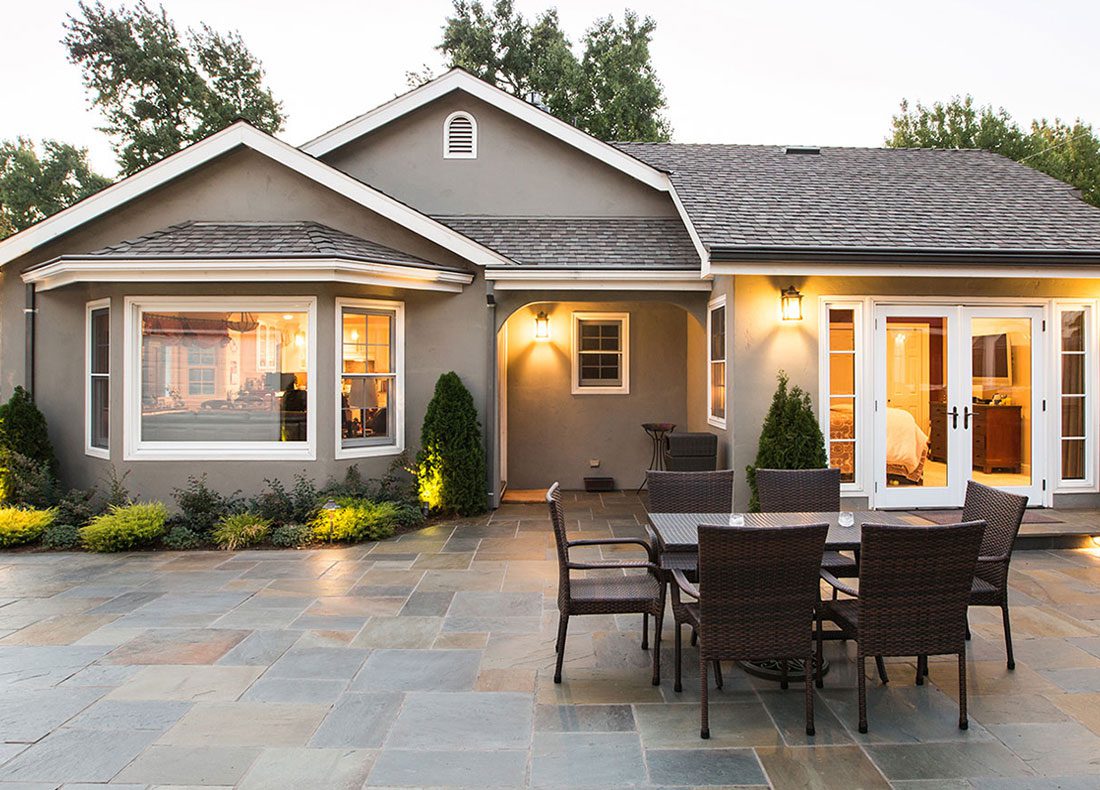Funeral homes stand as sanctuaries of solace, offering a dignified space for bidding farewell to departed loved ones. In moments of grief, these establishments serve as pillars of support, guiding families through the intricate process of commemorating a life well-lived. Among the diverse array of funeral traditions worldwide, Asian funerals carry their own unique customs and rituals, weaving a tapestry of cultural reverence and respect.
Understanding Funeral Homes:
Funeral homes serve as indispensable institutions in communities worldwide, providing comprehensive services to bereaved families. From arranging funeral ceremonies to handling logistical details, these establishments alleviate the burdens of grieving families during their time of need. With a compassionate and professional approach, funeral directors navigate the complexities of loss with sensitivity and empathy.
The Role of Asian Funerals:
Asian funerals are steeped in tradition, reflecting centuries-old customs and beliefs. In cultures such as Chinese, Japanese, Indian, and others, funeral rites hold profound significance, honoring ancestors and guiding departed souls into the afterlife. These ceremonies often incorporate rituals such as ancestor veneration, cremation, and elaborate memorial services, emphasizing the interconnectedness of family and community.
Services Offered by Funeral Homes:
Funeral homes offer a wide range of services tailored to meet the diverse needs of grieving families. From embalming and cremation to casket selection and floral arrangements, these establishments ensure every aspect of the funeral process is handled with care and professionalism. Additionally, funeral directors provide invaluable support in navigating legal requirements and documentation, easing the administrative burden on mourning families.
Cultural Sensitivity in Asian Funerals:
In serving families from diverse cultural backgrounds, funeral homes prioritize cultural sensitivity and understanding. Recognizing the unique customs and traditions of Asian funerals, funeral directors work closely with families to ensure ceremonies are conducted in accordance with their cultural beliefs and preferences. Whether it involves incorporating traditional rituals or providing multilingual assistance, funeral homes strive to honor the rich tapestry of cultural diversity in funeral customs.
Embracing Tradition and Innovation:
While rooted in tradition, funeral homes also embrace innovation to better serve contemporary needs. In an age of technological advancement, many establishments offer online memorial services, virtual visitations, and digital guestbooks, allowing loved ones to participate in funeral ceremonies from afar. By combining tradition with modern convenience, funeral home adapt to the evolving needs of grieving families while preserving the sanctity of funeral rituals.
Supporting Families Through Grief:
Above all, funeral homes serve as beacons of support for families navigating the turbulent waters of grief. Beyond logistical arrangements, funeral directors offer compassionate guidance and emotional support, helping families find solace amidst their sorrow. From pre-planning services to bereavement counseling, these establishments provide a continuum of care, ensuring families feel supported every step of the way on their journey toward healing.
Conclusion:
In times of loss, funeral homes provide invaluable assistance, offering comfort, compassion, and dignity to grieving families. Across cultures, Asian funerals enrich the tapestry of funeral customs with their deeply rooted traditions and rituals. By honoring these customs with sensitivity and respect, funeral homes uphold the sacred task of commemorating departed loved ones and providing solace to those left behind.
In the intricate mosaic of life and death, funeral homes stand as steadfast guardians of memory, ensuring that the legacies of the departed endure through the ages.





